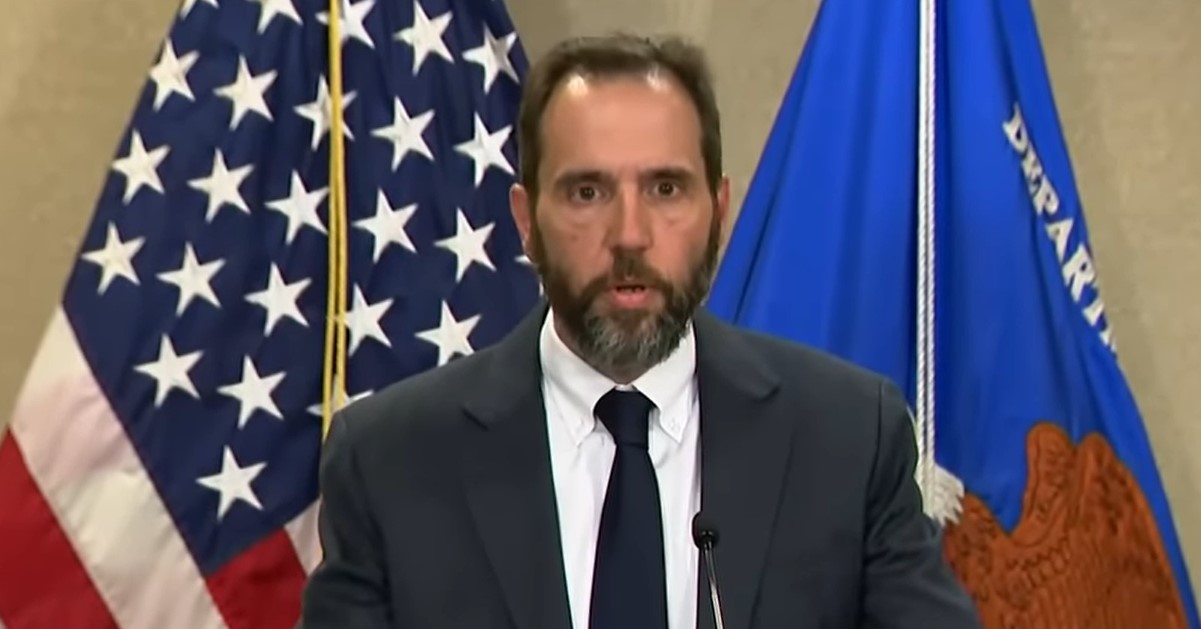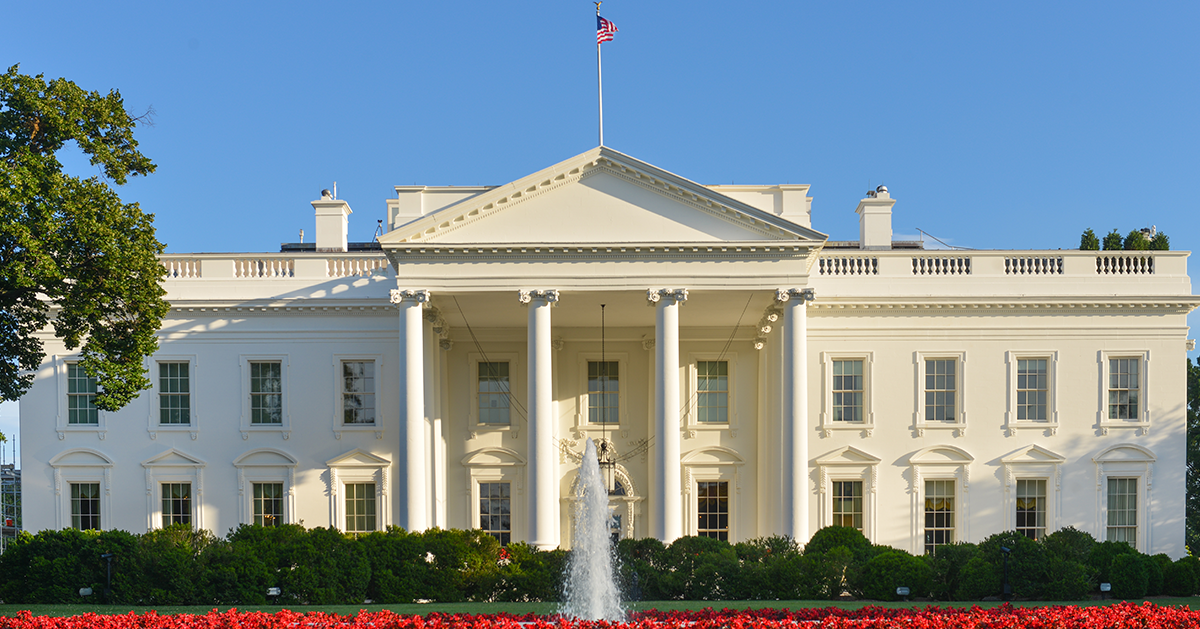Trans military members sound off on SCOTUS ruling banning them from serving
The Trump administration scored a significant U.S. Supreme Court Victory last week that cleared the way for it to remove transgender service members from the U.S. military.
The ban also prevents transgender people from serving in the military, and a Politico piece highlighted some of the current trans military members who have uncertainty about their military careers moving forward.
The Supreme Court ruling isn't the final ruling on the issue, but will remain in place while lower courts determine the final outcome as President Donald Trump continues to fight to have them removed and prevent them from serving.
It's still unclear how many service members will be affected by the ruling, but in the scheme of the entirety of the U.S. military, it's not many.
What's going on?
Defense Department figures estimated that roughly 4,240 U.S. service members are affected by "gender dysphoria," which is roughly 0.2% of the total 2 million members of the military.
Some advocacy groups estimate the numbers to be somewhat higher, at around 15,000 service members.
On Day One, President Donald Trump made moves to ban transgender service members and prevent them from signing up for service, and the order, like many others, was immediately challenged in court.
Politico reported:
Trump unveiled the plan in an executive order on inauguration day. The basis for the order, which Trump also enacted during his first term, is the argument that gender dysphoria is incompatible with military service.
Commander Emily Shilling, who has served in the U.S. Navy as an aviator for nearly two decades, is the lead plaintiff in the fight to overturn Trump's ban -- an issue that rose all the way to the Supreme Court in a short amount of time.
In an interview with Politico, Schilling said she was "heartbroken," adding that the Supreme Court order will be followed, but ultimately challenged.
"I have to use the legal system"
Schilling responded to the news of the high court's order, which favors the Trump administration's goals.
"My oath, as any military officer would tell you, is to the Constitution of the United States and to follow all lawful orders. And so right now, I’m following lawful orders. I’m being kicked out. I will follow what I’m being told. But it’s also my duty to challenge anything that I feel is an unlawful order. And the only way for me to do that is to sue, because I can’t go storm off," Schilling said.
"I have to use the legal system, which is why it’s there. So I am performing my duty. I am challenging something that I believe to be an unlawful order, and we’ll let the courts decide."
Only time will tell what the final ruling is.





